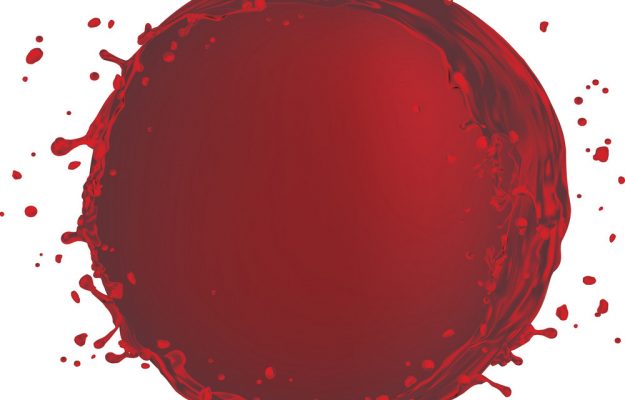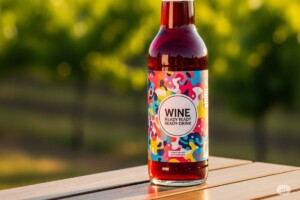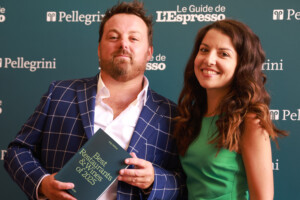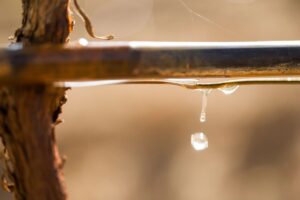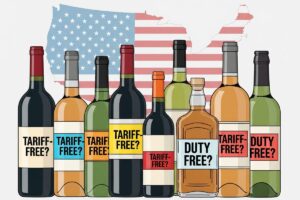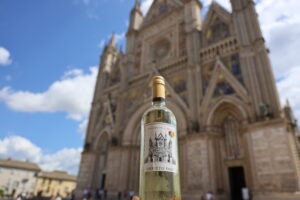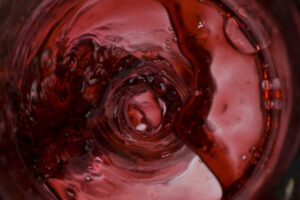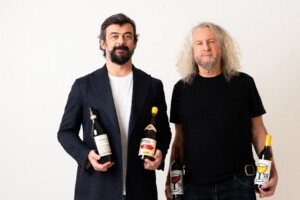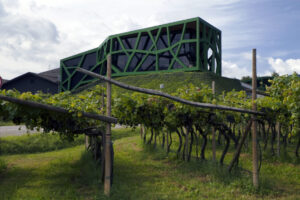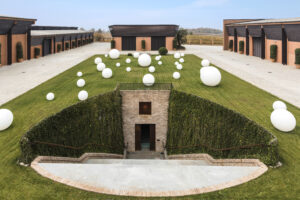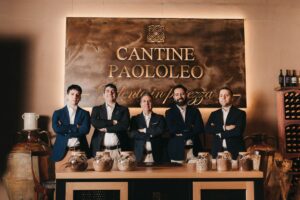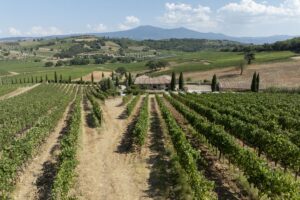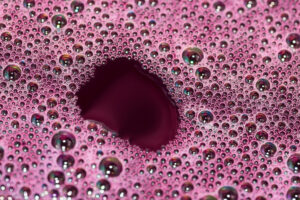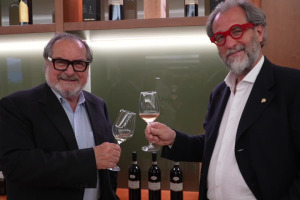The entire Italian wine sector is worried about US tariffs. The top territories are no exception, even though one might think that just on the strength of their coat of arms, they would be able to resist better to a measure defined by many as catastrophic. Instead, the concern from the Consortia of Brunello di Montalcino, Barolo Barbaresco Alba Langhe and Dogliani and Valpolicella, which is also mixed with a sense of helplessness, as their leaders testify, is loud and clear.
“The concern for Montalcino is very high because the US market is worth 20-30% of turnover; it is a very important reference market”, the president of the Brunello Consortium, Fabrizio Bindocci, explained to WineNews. We had taken political steps in the past to understand whether there was a possibility to act, but it is not our politics that cannot intervene, rather, it is Trump who is not listening. We hope he will listen to the comments from influential journalists in the sector, importers and US distributors, who are all against this wicked policy of duties that will compromise Made in Italy products, but not much more can be done. Many companies have shipped products since early January to check the risk a little bit, but it would be a really big problem, if the duties do arrive”.
“The concern and frustration is real, because net of appeals to institutions and awareness campaigns, the sector can do little”, echoed Matteo Ascheri, president of the Consortium of Barolo Barbaresco Alba Langhe and Dogliani, “and, therefore, we will face the problems when they come up, even though there is already uncertainty, which for those who do business is the worst of possible conditions, and creates problems. The American market is fundamental also for Langhe wines, and it s one on which we have invested and continue to invest a lot (in early February, the Consortium will be in New York, counting over 200 producers from the area, the big critics and American trade and a grand gala dinner featuring the cuisine of Massimo Bottura, the Italian chef, who is number one in the world, the music of Il Volo, one of the most successful Italian singer-songwriting groups, and the presenter Alessandro Cattelan, one of the most popular TV programs in Italy, for Barolo & Barbaresco World Opening, ed.), so if new duties were to be introduced, it would be really counterproductive. Therefore, we are looking at the matter with concern, naturally, but not panicking as we will be ready to react to the scenarios as they come up”.
“This is just as an external as it is an unjust factor”, said Olga Bussinello, director of the Valpolicella Consortium, “that risks hitting one of the cornerstones of Verona exports: wine. In the past 5 years, the Venetian reds – where Valpolicella accounts for 70% of the value – have grown +46% on the American market, a figure that goes far beyond the export increase of Made in Italy wine in the same period. We are quite concerned”, she added, “but at the same time there is awareness that a leap in quality of EU diplomacy will still be able to avoid what in all respects sounds like a commercial mockery, especially after so many years of investments in promotion and growth of our brand towards an increasingly strategic top buyer. We are concerned mostly for the mid-range wines like Valpolicella – which exports 17% of the entire export to the USA – and Ripasso. We hope Amarone will be able to count on the strength of its identity and the fact that it is a less substitutable wine than others. The price lever obviously also puts our big red wine at risk, which in the US account for 15% of the total sales made abroad”.
Copyright © 2000/2025
Contatti: info@winenews.it
Seguici anche su Twitter: @WineNewsIt
Seguici anche su Facebook: @winenewsit
Questo articolo è tratto dall'archivio di WineNews - Tutti i diritti riservati - Copyright © 2000/2025










